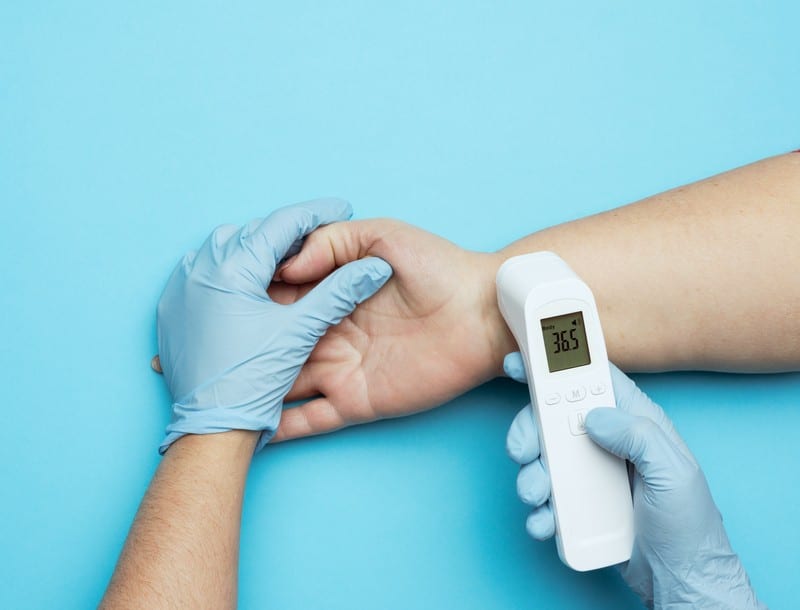Regulates Body Temperature

The body’s water plays a crucial part in thermoregulation by assisting in heat dissipation, which lowers the body’s core temperature. When the body heats up, water in the skin’s middle layers comes to the surface as perspiration. The body cools off as it evaporates. The body’s ability to sweat is its most efficient defense against being too hot.
Sweating occurs when the body is physically active or in a hot environment, which causes water loss. The body cools down through sweat, but the body temperature will increase if the water lost through sweat is not replaced. That’s because electrolytes and plasma are lost when the body is dehydrated.
According to scientists, a person’s ability to withstand heat stress decreases when the body’s water content is too low. This is because the body retains more heat. If heat stress develops during exercise, drinking lots of water may help to lessen physical stress. The key to keeping the body temperature stable is to stay hydrated.










